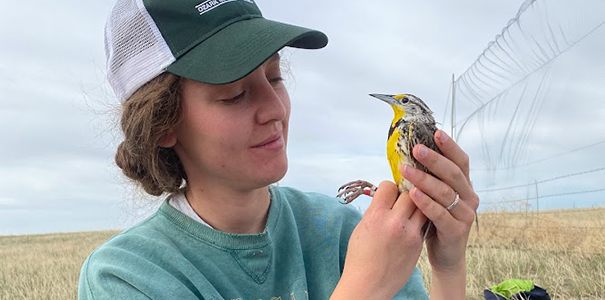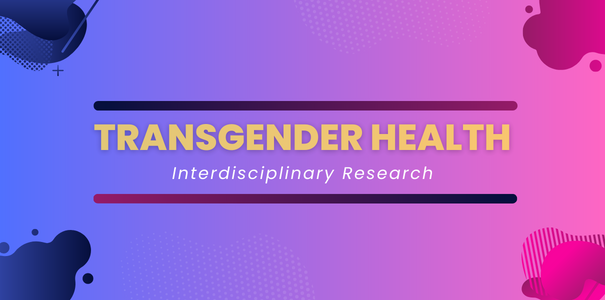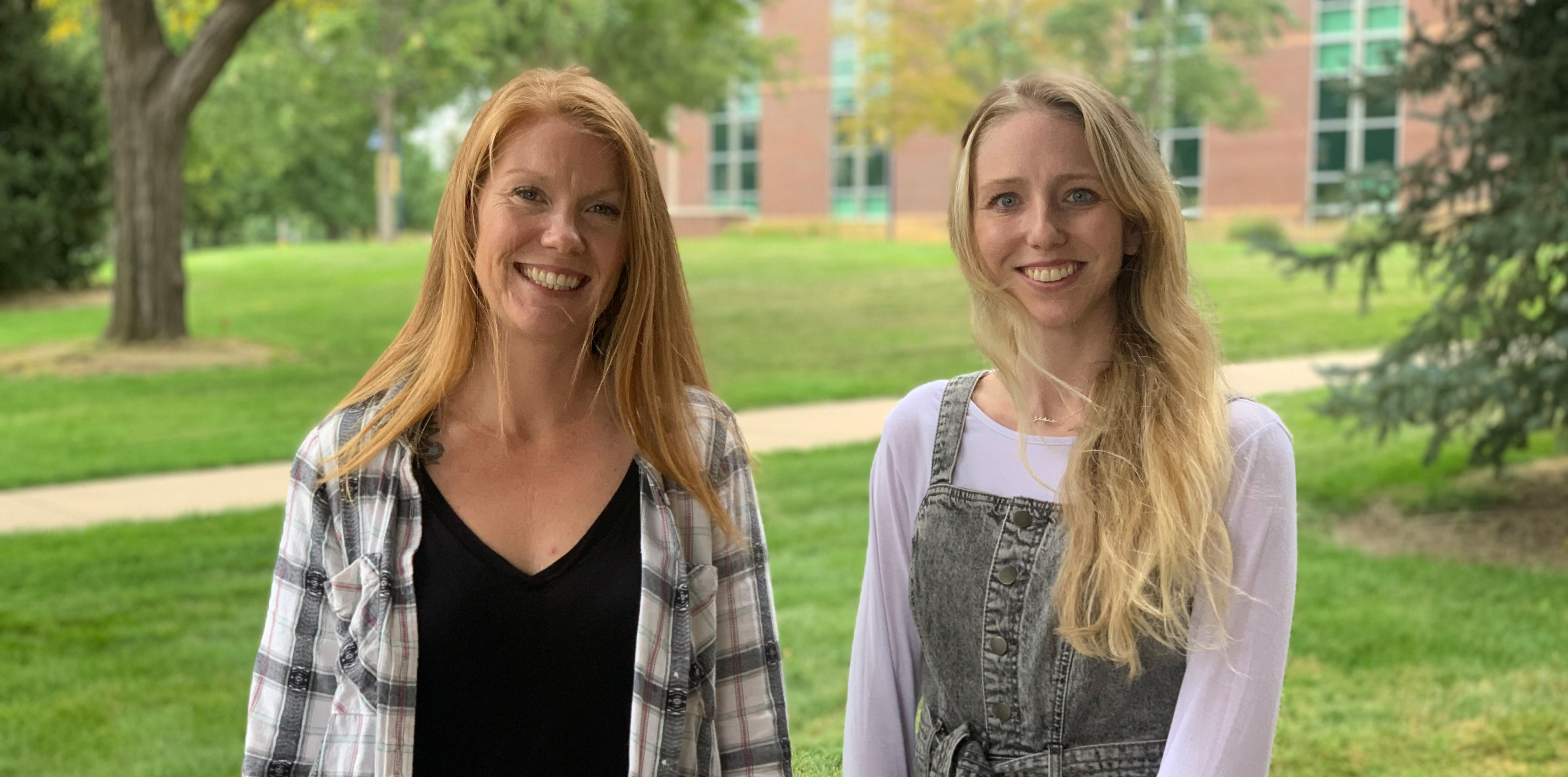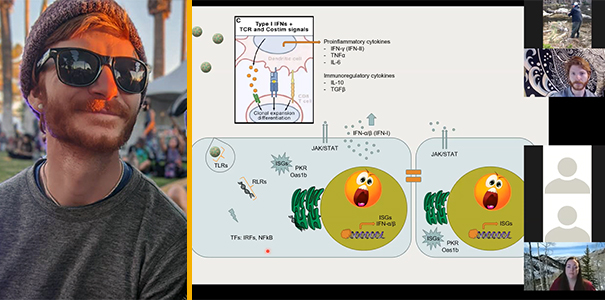
A recent Ph.D. student shares his thoughts about UNC and describes how he felt about defending his dissertation online.
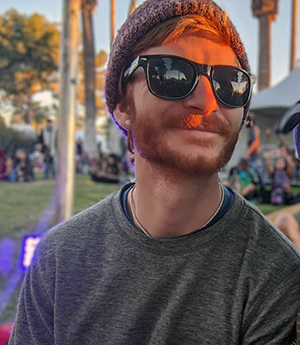 I grew up in Colorado, and after graduating from high school in 2007, I began an undergraduate
program at a large Colorado university in psychology. I’ve always loved learning how
people operate. I stayed in that program for three semesters before deciding that
university was not for me at the time. Instead, I completed my associate’s degree
at Front Range Community College and obtained an EMT-B and pre-paramedic certificate
and began volunteering for the ambulance service.
I grew up in Colorado, and after graduating from high school in 2007, I began an undergraduate
program at a large Colorado university in psychology. I’ve always loved learning how
people operate. I stayed in that program for three semesters before deciding that
university was not for me at the time. Instead, I completed my associate’s degree
at Front Range Community College and obtained an EMT-B and pre-paramedic certificate
and began volunteering for the ambulance service.
I suppose I was still interested in how people operate, but now from the perspective of anatomy and physiology, rather than psychology. After about a year, I decided that I did, in fact, want to complete my bachelor’s degree, so I transferred to UNC and began a program in evolutionary and ecological biology. I finished my bachelor’s in a few years, including a semester of studying abroad in South Korea, making my entire undergraduate 'adventure' last approximately seven years.
Initially, graduate school wasn’t on my radar. However, I started working in my advisor, Dr. Ann Hawkinson’s lab as an undergraduate, and she suggested I continue in higher education. I began the program at UNC in the spring of 2015. Although I came into the program as a master’s student, I transitioned to the Ph.D. program midway through.
My research involves examining the immune response during viral infection. More specifically, I use comparative rodent models (deer mice and golden hamsters) to try and understand how different immune responses (on the molecular level) may influence the outcome of clinical disease. Essentially, I got into this type of research by happenstance while working as an undergraduate in Dr. Hawkinson’s lab.
Dr. Hawkinson and Dr. Patrick Burns both helped me tremendously in the design, implementation and analysis of my research project. Throughout the entire experience, they continuously questioned my methodology to ensure that my approach utilized sound experimental design and adhered to the fundamental paradigms of scientific inquiry. To be certain, they weren’t the only faculty that helped in the process; however, in regard to all of the faculty who provided their advice and guidance along the way, there was an underlying theme of always working to maintain the utmost rigor and scholarship achievable given the time and resources available to me. In time, I came to appreciate this work ethic more than anything else in the program.
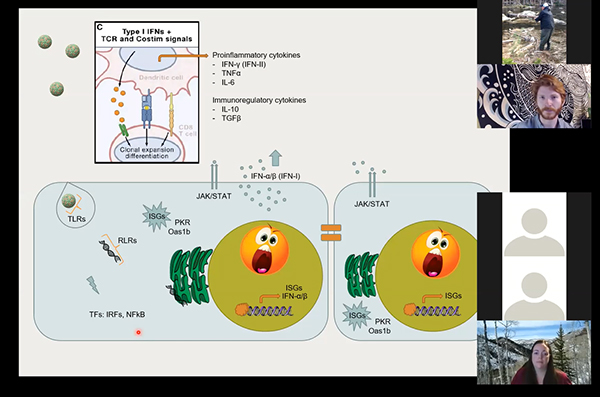
The possibility that I might have to defend my dissertation online didn’t really become apparent to me until Colorado announced a state of emergency. Up until then, there was talk about the potential for classes being moved online following spring break, although I somehow never thought this might apply to how I would be delivering my dissertation defense. Perhaps I was in a slightly disconnected state of mind – I’d recovered from multiple colds earlier in the semester and was pushing myself to the limit trying to finish the dissertation document before my self-imposed deadline of my 31st birthday.
When it was finally determined that I would, in fact, be giving a virtual defense, and that no one would be able to attend (other than my roommates), I was admittedly initially a little discouraged. Believe it or not, my first concern actually didn’t have to do with the use of technology (and whether technology would be fully cooperative when it came time for me to deliver my defense). Rather, I was concerned with whether I’d be held to the same standards everyone else in my shoes would be – i.e. would I be “let off easy” as a consequence of these unprecedented circumstances.
As this was my first dissertation defense, I’m actually really not sure what it’s supposed to feel like on that day! Granted, I can guess there are a mixture of emotions, likely predominated by anxiety and uncertainty, that fluctuate as the exact time to defend grows closer. I still felt this, for sure.
I invited family and friends, and later our former administrative support assistant sent an invitation to the biology department’s Listserv. I think a friend posted a link on Facebook as well. It was delivered by Zoom, and I’m not sure exactly how many viewers ended up attending, but I think it was greater than 100 for the majority of the presentation.
I do think there are a few silver linings to focus on with the movement of my (and others) defenses online, one major one being the ability for many additional people to “attend” that would have been otherwise unable to. I know I had a few friends and family members from different cities or states watching, which was really awesome. I definitely didn’t expect there to be more than 100 viewers, but I’m elated it happened that way!
Because of COVID-19 there have been a number of unfortunate plan cancellations, not to mention the semi-radical changes to daily lifestyle. I also teach labs as a teaching assistant for UNC (microbiology and human physiology), so experiencing the transition of moving those classes online has been an interesting learning curve (and I want to give a serious shout-out to all of the faculty that had to contend with this, likely for multiple classes, and likely without the same familiarity with technology as their students).
Both of my classes were delivered through Canvas – we did what we could to include the best resources available for students without necessitating that they purchase any new materials or subscriptions. We offered office hours through Zoom or Microsoft Teams, but otherwise allowed the students to work through self-guided lab exercises using a problem-based learning (PBL) or case study-style approach whenever possible.
However, I also want to highlight a slightly different perspective, which is that there are actually a lot of positive benefits that have evolved from these changes we are currently experiencing. Namely, as we have, in many ways, slowed down as a society, the Earth has had a chance to heal. Likewise, I believe that many of us have had a chance to also heal as individuals – either mentally or physically.
Quarantine can be difficult, no doubt, perhaps even more so if you must be in complete isolation. Yet, it can also be a time of self-reflection and introspection. It can be a time to reduce the physical demands of your body that become so second-nature during the “hustle and bustle” of the typical busy lifestyle. It can be a chance to connect or reconnect with people that you never knew as well or have lost touch with when you weren’t able to make time before. And, of course, it can make you really appreciate some of those little things that you may have taken for granted.
Near the beginning of the semester I decided that I would like to move to Denver after graduating to live with my grandmother, who has been developing some signs of Alzheimer’s over the last few years. From there I could help her out as needed and look for employment in the immediately surrounding areas, hopefully finding something rooted in science but more directed at work with the environment. I mentioned earlier that I love to learn about how humans operate, but my true link to studying biology is my innate love for nature. That being said, future plans are a little bit up in the air right now, as I’m sure they are for all of us. I have really enjoyed this new approach of just taking it day by day.
—Written by Tyler Sherman ’20, Ph.D.
More Stories
-
Alumna Receives NSF Graduate Fellowship for Avian Conservation Research
Este artículo no está en español.
-
Alumna Receives NSF Graduate Fellowship for Avian Conservation Research
Este artículo no está en español.
-
Novel and Interdisciplinary Research on Transgender Health
Este artículo no está en español.
-
Grad Students Researching Methods to Strengthen Mental Health Training in Rural Schools
Este artículo no está en español.

